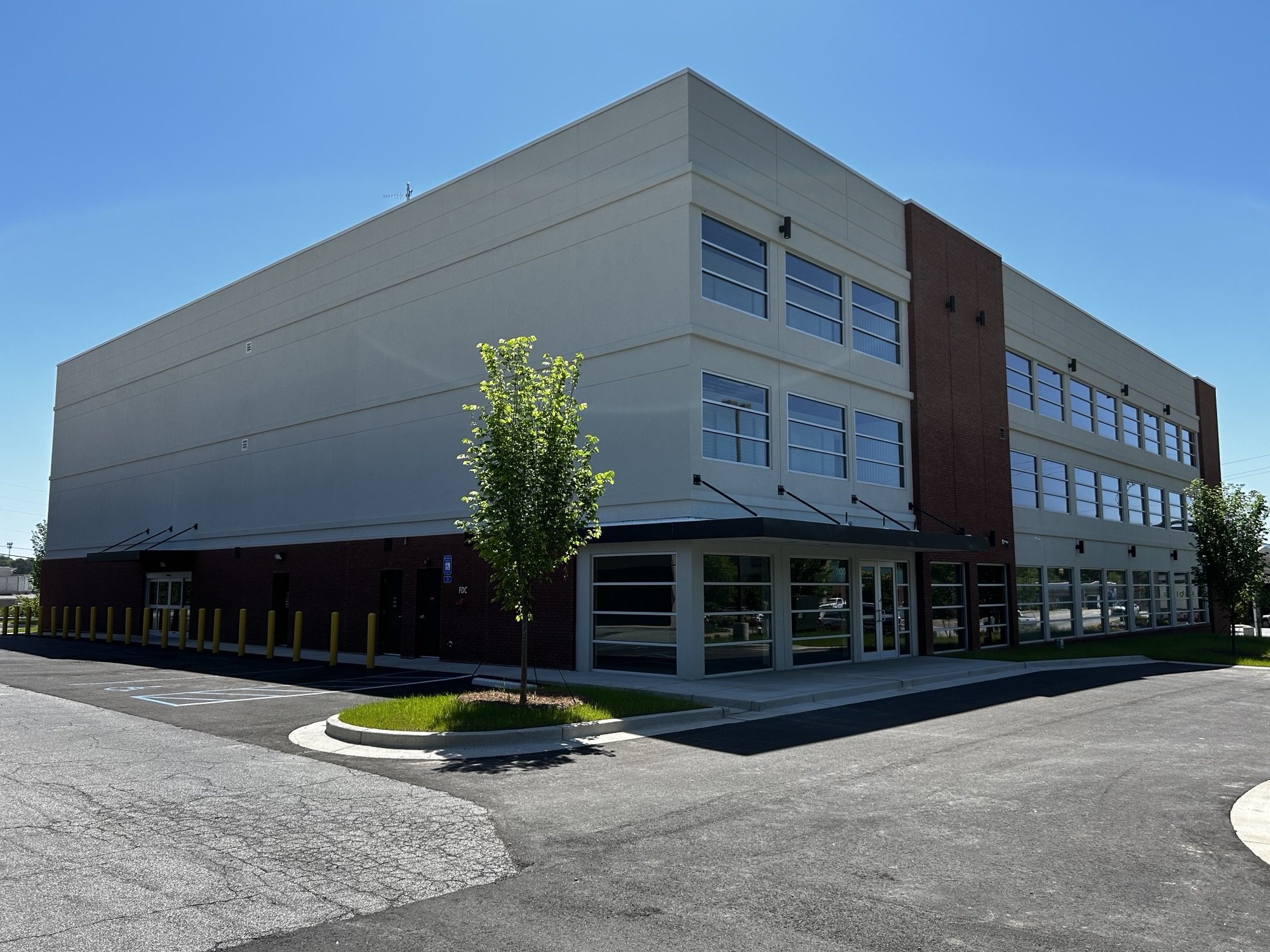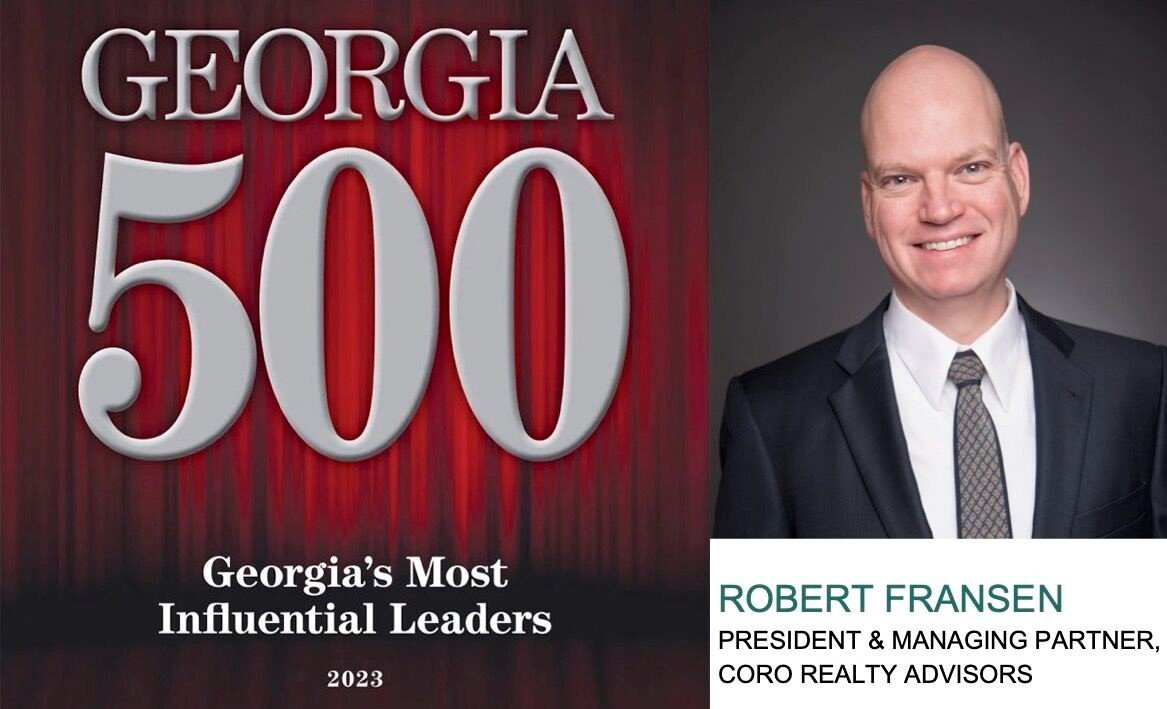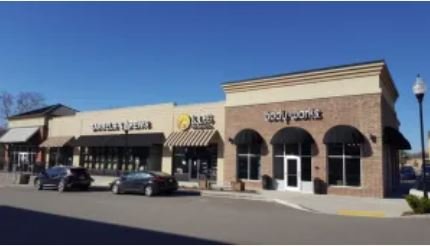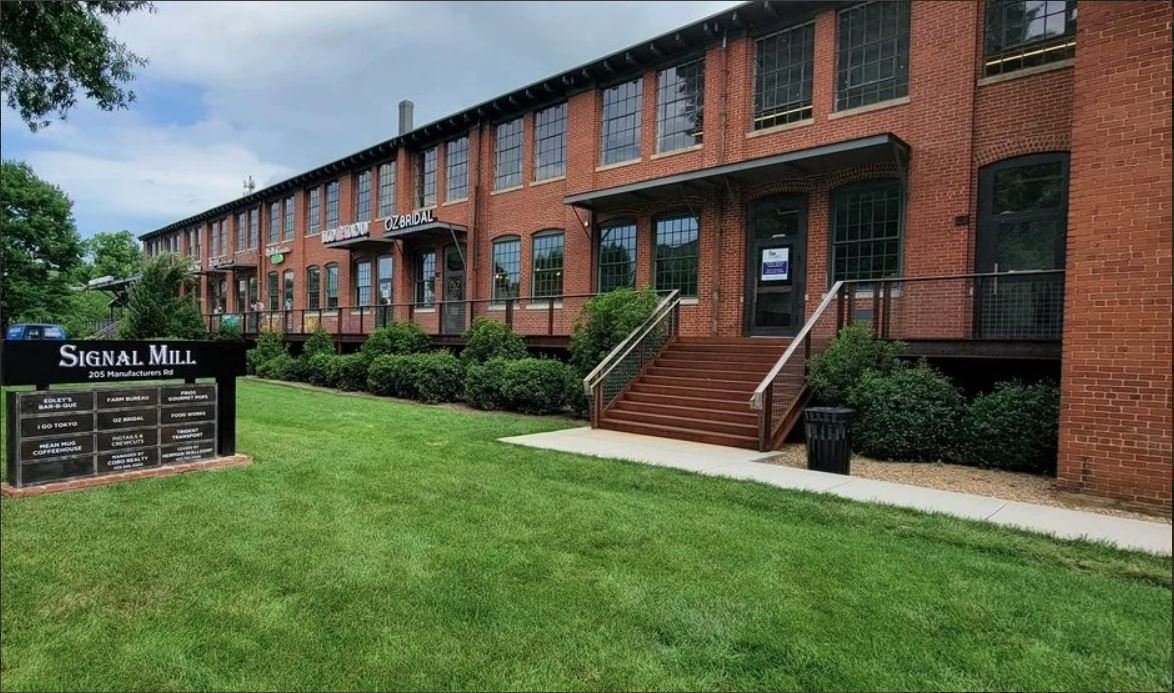April 18, 2024 Jarred Schenke, Atlanta
An Atlanta-based commercial real estate investor is moving forward with a handful of new self-storage developments in the metro area.
Auburn Avenue Self Storage
Coro Realty Advisors is breaking ground on Lake Lanier Storage, a 75K SF facility and a 49K SF boat storage building at 6401 McEver Road in Flowery Branch after having recently completed the second phase of Auburn Avenue Storage, a three-story, 57K SF facility in Columbus.
The developer is in the planning phases of Ridgewalk Storage, an 83K SF, two-story facility at 295 Ridgewalk Parkway in Woodstock, and Georgetown Storage, a four-story, 120K SF storage facility behind a Kroger at 4470 Chamblee-Dunwoody Road in Central Perimeter. Both of which are set to break ground this fall.
Coro President Robert Fransen said the firm targeted markets where entitlement for self-storage facilities is difficult to obtain in hopes of staving off competition, especially as the sector comes down from a development boom. Developers added 242M SF of self-storage space in the U.S. over the past four years, according to a Marcus & Millichap report.
The self-storage vacancy rate in Atlanta is expected to rise this year to 9.5%, up 130 basis points from the fourth quarter, with developers adding more than 1.5M SF of new storage space to the metro area’s 59M SF of supply, according to Marcus & Millichap. But rents are expected to stay above the 2019 watermark at $1.03/SF as new construction slows down and people continue to move to Sun Belt markets.
Fransen said the firm selected visible sites along high-traffic corridors and near an influx of build-to-rent communities. Renters of these homes often need self-storage to hold excess household items that don’t fit into purpose-built single-family rental homes, which often don’t have basements, he said.
Fransen said Coro will look to sell its portfolio of self-storage facilities to an institutional investor, a group that has been active buyers of these facilities over the past few years.
“I think there’s a very high risk of oversupply of self-storage,” Fransen said. “We’re taking kind of a longer-term view that the supply and demand equation will normalize in the long run.”














